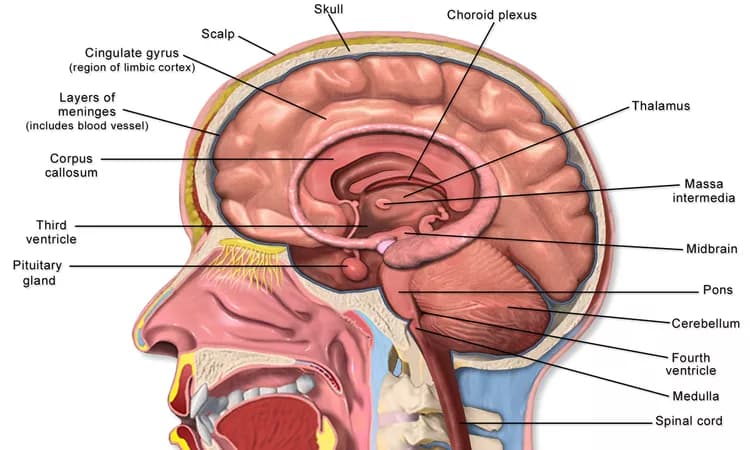
Potential Mediator For Social Memory Formation
Research by a group of scientists at the Department of Physiology, Yong Loo Lin School of Medicine, National University of Singapore (NUS Medicine) have discovered that a tiny brain region plays a critical role in the formation of social memory and interaction.
The hippocampus, a horseshoe-shaped brain region well known for its role in the formation of memory, also acts as a natural 'GPS' that helps humans to explore new areas, objects and people. The team led by Dr Sajikumar Sreedharan and his graduate student Miss Ananya Dasgupta identified the specific role of a tiny area in the hippocampus: "area CA2," which links the pieces of short-term memory events and store those memories as long-term memory.
"Although CA2 area is not included in the conventional memory circuit because of its apparent lack of ability to form and maintain long-lasting memory, its unique role in social memory formation caught our attention. Social memory can be measured in terms of an individual's ability to distinguish between familiar and novel faces or objects. For example, in the case of rats, an intact CA2 area helps them spend more time with newcomers, and this is a property that marks their social bonding or interaction," said Dr Sreedharan.
In their study, the team identified the potential role of a neuropeptide named Substance P (SP) as a mediator of social memory in area CA2. SP is already known to be released during mildly stressful situations.
The researchers tested the effect of SP in rat hippocampal slices, mimicking mildly stressful or painful situations. They observed a slowly developing, long-lasting memory forming only in the CA2 region, when neuronal responses were recorded simultaneously from CA2 and a few other areas of the hippocampus.
Association with strong memories can also render a weak memory stronger over time. For instance, while people may not remember the name of the wine that they had last month, they would have memories of the wine they drank on their wedding day. Thus, it is the association of a weak memory (drinking wine) with a strong memory (one's wedding) that converts a short-term memory to a long-term memory.
The ability to associate things and people, which is the essence of social memory, depends on a complex cellular process. The team showed for the first time that SP can also help associate a weak memory with a stronger one in area CA2 within a specific time period. This is the first demonstration of these processes in this region of the brain, which is responsible for social memory and interaction.
"This is a major landmark study that further reinforces the link between hippocampal area CA2 and memory. It will open up new avenues to further investigate how this area is linked to social memory deficit that commonly occur in brain disorders like depression and schizophrenia," said Professor Soong Tuck Wah, one of the team members in the study and head of the Department of Physiology at NUS Medicine.
Materials provided by National University of Singapore, Yong Loo Lin School of Medicine. Note: Content may be edited for style and length.
Disclaimer: DoveMed is not responsible for the accuracy of the adapted version of news releases posted to DoveMed by contributing universities and institutions.
References:
Ananya Dasgupta, Nimmi Baby, Kumar Krishna, Muhammad Hakim, Yuk Peng Wong, Thomas Behnisch, Tuck Wah Soong, Sreedharan Sajikumar. (2017). Substance P induces plasticity and synaptic tagging/capture in rat hippocampal area CA2. Proceedings of the National Academy of Sciences. DOI: 10.1073/pnas.1711267114
Related Articles
Test Your Knowledge
Asked by users
Related Centers
Related Specialties
Related Physicians
Related Procedures
Related Resources
Join DoveHubs
and connect with fellow professionals

0 Comments
Please log in to post a comment.